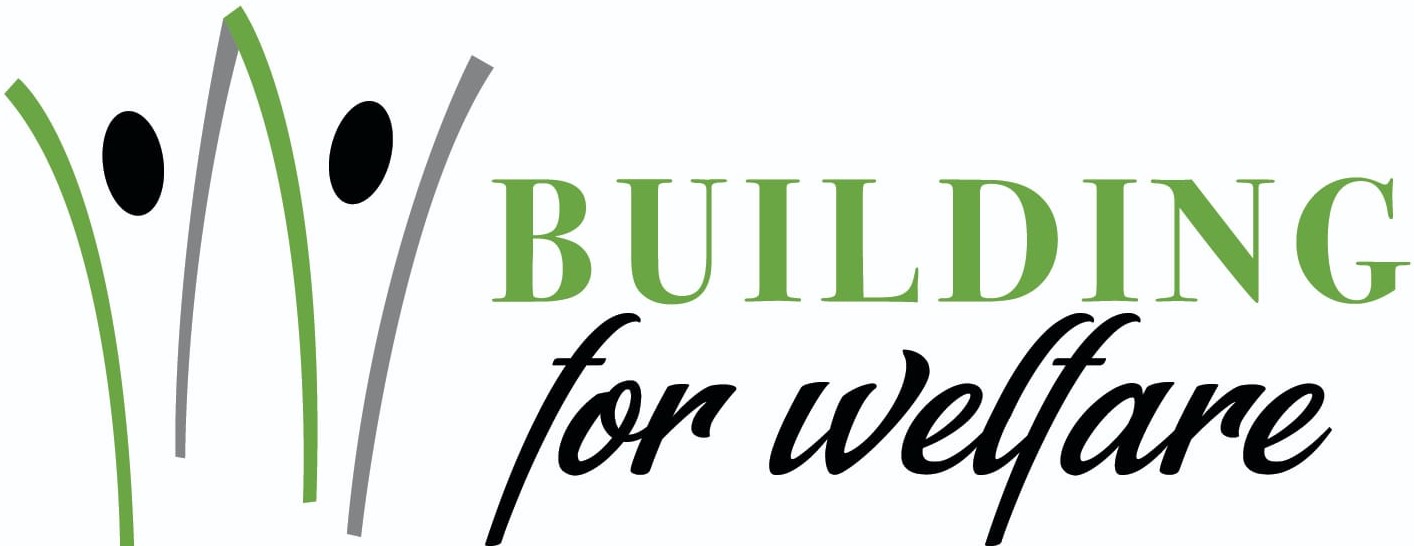‘Explore our portfolio to discover how Building for Welfare has collaborated with diverse organizations to drive meaningful change. Each project reflects our commitment to enhancing capacity and maximizing impact, showcasing our expertise and dedication to fostering impact measurement solutions’
